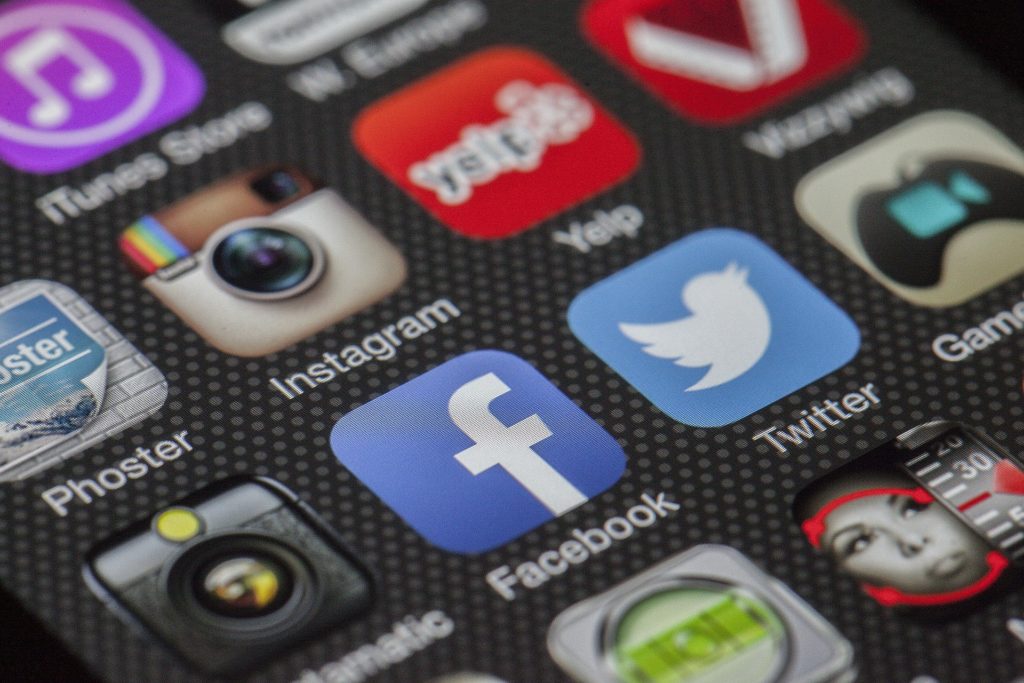Facebook announced plans this week to begin work on integrating the Facebook Messenger, Instagram, and WhatsApp messaging platforms. Integrating these three massive platforms will not be an easy task, and the news has caused some backlash from privacy advocates.
The New York Times article that broke the story explains, “The services will continue to operate as stand-alone apps, but their underlying technical infrastructure will be unified, said four people involved in the effort. That will bring together three of the world’s largest messaging networks, which between them have more than 2.6 billion users, allowing people to communicate across the platforms for the first time.”
Backlash Over Unified Messaging Plans
Personally, I’ve always questioned why these platforms weren’t integrated sooner. I kind of understand that Instagram and WhatsApp both had their own massive user bases and loyal followers when they were acquired by Facebook, and that there are hurdles—both technical and legal—to trying to merge them in any way. Still, I’ve always thought that it’s silly for me to have both the Facebook Messenger app and WhatsApp on my iPhone simultaneously, and that I can’t communicate between them even though they’re both owned by Facebook. I also think it’s a silly waste of time and resources—for both me and for Facebook—that I have to post photos and videos separately on both platforms.
Not everyone agrees, though. Many like the fact that Facebook has left Instagram and WhatsApp alone more or less, and value the separation of the different platforms.
“With people already [abandoning] Facebook due to privacy concerns, will this announcement [cause the exodus to] trickle down to Instagram and WhatsApp?” wonders Mark Trinidad, Senior Technology Evangelist with Varonis. “There is always room for error when consolidating platforms and maintaining distinct privacy between all applications is a huge concern. People use each of these applications for different reasons and have different contact lists in each app. I may only use Facebook strictly for close family to stay in touch with them and I might only use Instagram to connect with users and businesses I’m interested in. I may only use WhatsApp to talk to my family overseas. Will I wake up one morning and see a private message in Instagram from a contact from WhatsApp?”
Privacy and Regulatory Hurdles
Kurt Wagner explores some of the potential technical issues of unifying the messaging platforms in an article from Recode.
“Facebook operates four different mobile apps, all of which have to do with communication. Each one has more than a billion users. Facebook has slowly been pulling those apps together — it uses the same ad infrastructure for Facebook, Messenger, and Instagram, for example — but connecting all of the messaging services would create a large ecosystem that would be entirely in Facebook’s control. It seems possible, at least, that combining them more tightly on the infrastructure level could make it much harder to pull them apart again down the road.”
According to Praveen Jain, Chief Technology Officer at Cavirin, there are also privacy and regulatory hurdles Facebook will need to address. “Merging the systems may be easier said than done, especially in light of GDPR and even regulations closer to home such as California’s Consumer Privacy Act. When individuals signed up for the three apps, they were under different EULAs, and therefore different privacy expectations. Facebook may be challenged to come up with a single agreement that spans all three platforms, and even if they do, it will probably require that all users explicitly opt-in and are told very clearly how their data use will change.”
Wagner also addresses the potential privacy implications. “How much information does Facebook need to have about who owns an account in order to connect them with others using a different service? WhatsApp, for example, only requires a user’s phone number. You can sign up for Instagram under a pseudonym. Will that still work for cross-platform messaging? Or will users have to sacrifice some degree of privacy in order to connect with people on other services?”
Jain added, “I suspect this will create a great deal of disruption. And, these concerns are separate from the potential anti-trust concerns of such a broad messaging platform.”
Personally, I am in favor of unifying the platforms. Obviously, Facebook will have to address the various technical and regulatory issues—but, ultimately, I would prefer to be able to communicate and interact with the world through one app instead of three or four.
- Building Security for a World That’s Already Changed - December 19, 2025
- Cybersecurity’s Quiet Revolution: What We’re Missing While Chasing the Hype - December 18, 2025
- Semperis Confronts the Identity Chaos Exposed by AI Search - December 11, 2025



